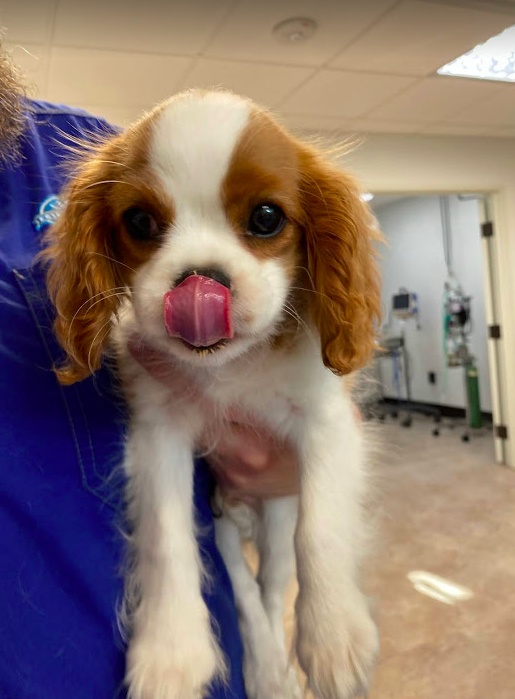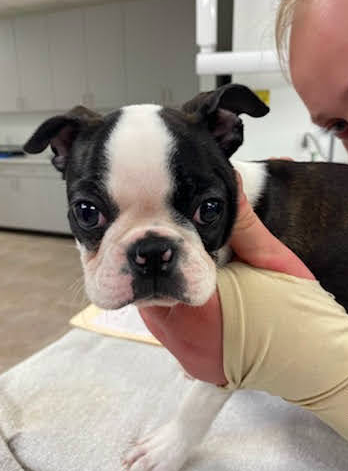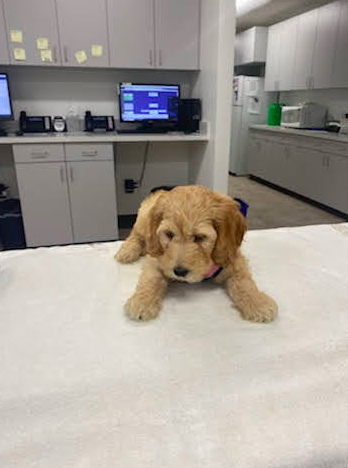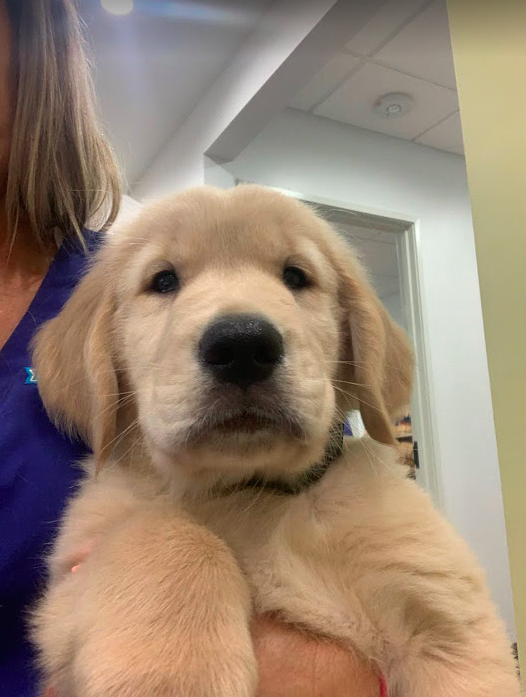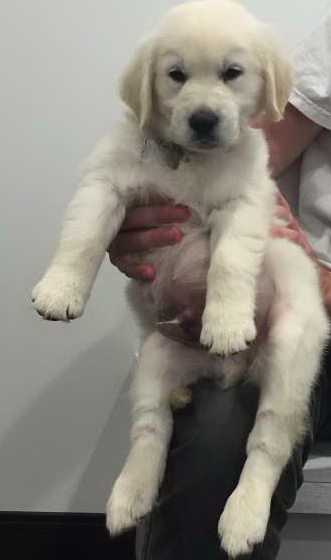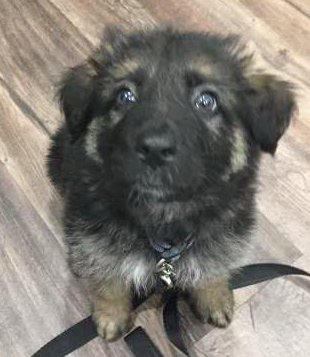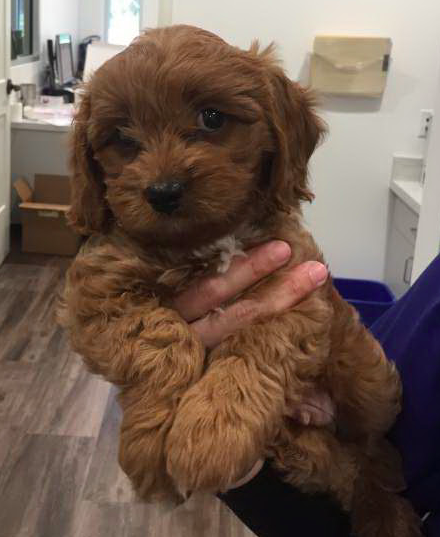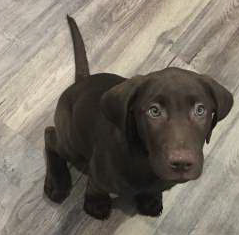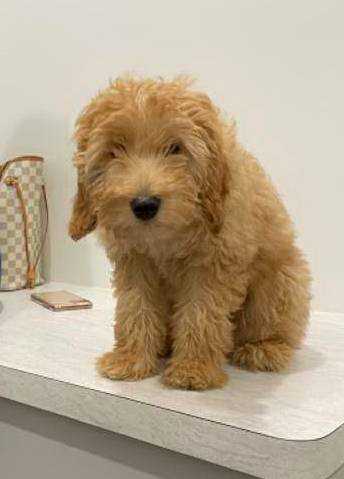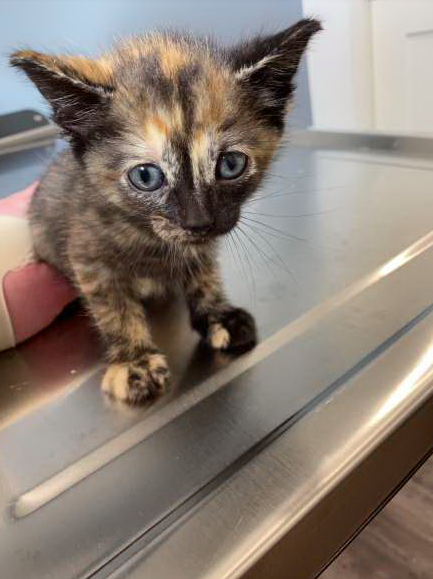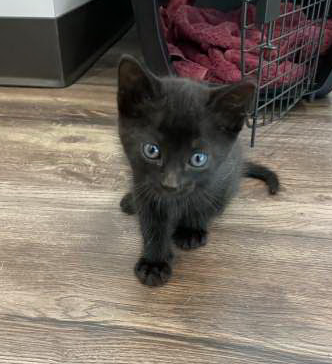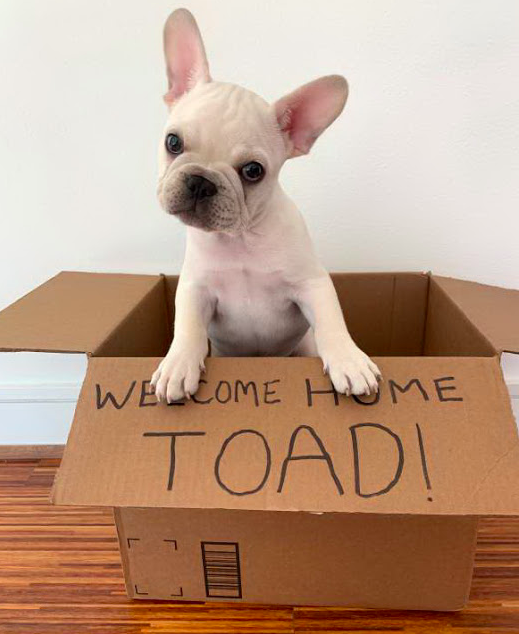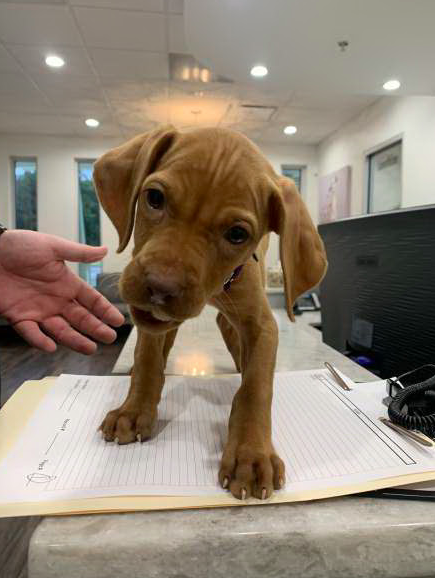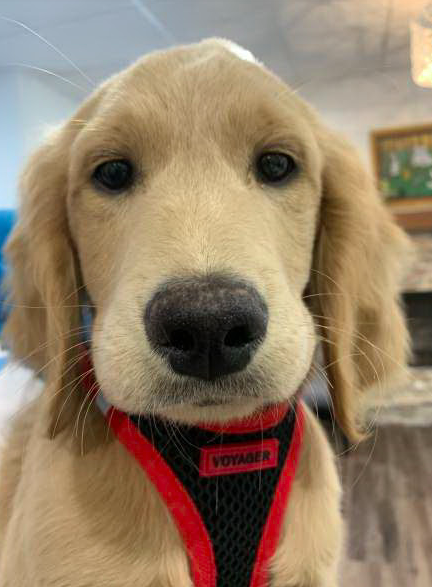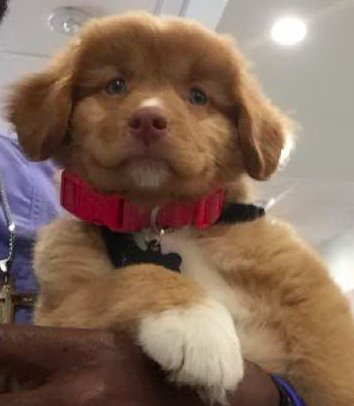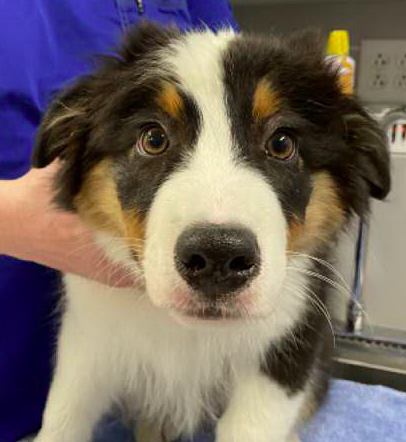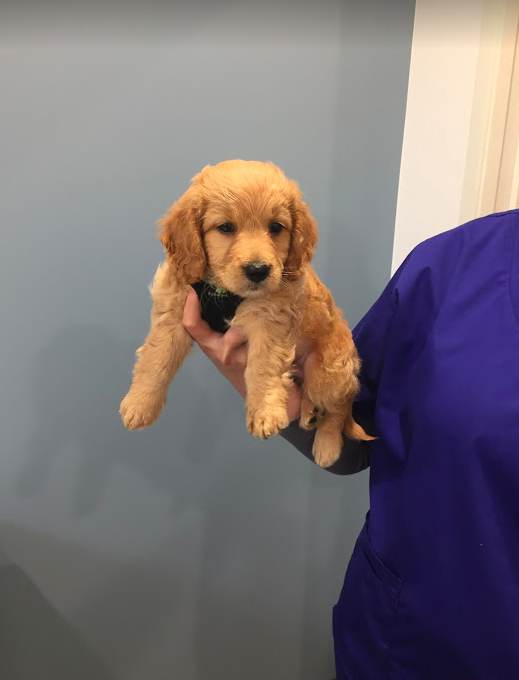- (Photo courtesy of Lakewood Vet Center.)
- (Photo courtesy of Lakewood Vet Center.)
- (Photo courtesy of Lakewood Vet Center.)
- (Photo courtesy of Lakewood Vet Center.)
- (Photo courtesy of Lakewood Vet Center.)
- (Photo courtesy of Lakewood Vet Center.)
- (Photo courtesy of Lakewood Vet Center.)
- (Photo courtesy of Lakewood Vet Center.)
- (Photo courtesy of Lakewood Vet Center.)
- (Photo courtesy of Lakewood Vet Center.)
- (Photo courtesy of Lakewood Vet Center.)
- (Photo courtesy of Lakewood Vet Center.)
- (Photo courtesy of Lakewood Vet Center.)
- (Photo courtesy of Lakewood Vet Center.)
- (Photo courtesy of Lakewood Vet Center.)
- (Photo courtesy of Lakewood Vet Center.)
- (Photo courtesy of Lakewood Vet Center.)
- (Photo courtesy of Lakewood Vet Center.)
Pets truly are the best medicine. Across the country, animal shelters are emptying while the rest of us shelter in place. What better way to cope with the stress and anxiety of a global pandemic than with a fluffy new furbaby. At the Lakewood Veterinary Center, veterinarian Benjamin Wright says new puppy appointments have skyrocketed. “Usually we’ll have 5 or 6 new puppies a week,” he says. “We’re getting that a day. It’s been crazy.” In what is most certainly an act of public service to the neighborhood, Wright and his wife, Lydia, compiled images of all these precious pups into a slideshow. “Our hope is that the sight of all this cuteness will take your mind off your troubles and give you the paw-sitive boost you need,” according to the couple’s website. We talked with the Wrights about pet adoptions and pet care during the coronavirus.
Is the coronavirus spurring all these pet adoptions?
Ben: That’s got to be part of the reason. Puppies are fun and joyful, and you can focus your energy on that instead of watching the news and being scared and worried. It gives people a break from the things weighing them down right now. Sometimes [having a puppy] is like having a new baby in the house. Now we’ve got all this extra time to devote to training.
How fun has working with the puppies been for you?
Ben: A lot of people think a vet’s job is all puppies and kittens, and now, it actually is. It’s been great.
What are the pros and cons of adopting a pet right now?
Ben: Puppies need to be socialized with other dogs, but that’s hard right now while we’re all isolating.
Lydia: It’s great for the puppy to have this time to get settled into a family. You have time to bond.
Can pets catch or transmit the coronavirus?
Ben: A tiger in the Bronx Zoo tested positive for the coronavirus, but there has been no proven transmission from dogs and companion cats to people yet. Fur isn’t a good vessel for transmission.
Lydia: The only recommendation is if you’re not feeling well to limit contact with your pets.
How have you shifted your business practices?
Ben: We have conversations over the phone, and sometimes, we can FaceTime while we’re examining pets. Clients have been accommodating about the limitations. It comes down to trust — trust that everyone is doing the right thing.
Lydia: We decided to shift pretty quickly. We’re only doing drop-off appointments. We’re taking everyone’s temperature every morning and wearing masks and gloves, especially getting animals out of the car.

